'A prime example of doublethink': How surging demand for land-based CO2 offsets could threaten global food security
Business Green
AUGUST 3, 2021
Oxfam warns many net zero goals rely too heavily on forestation to offset carbon emissions, providing a potential threat to agricultural land. Too many companies and governments are hiding behind the smokescreen of net zero to continue dirty business-as-usual activities," he said. "A


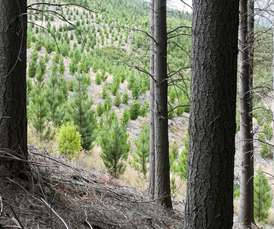
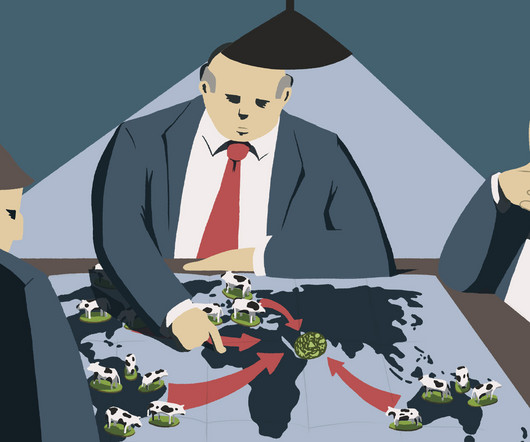
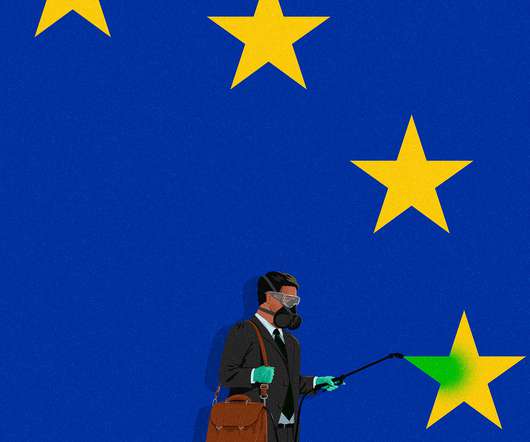
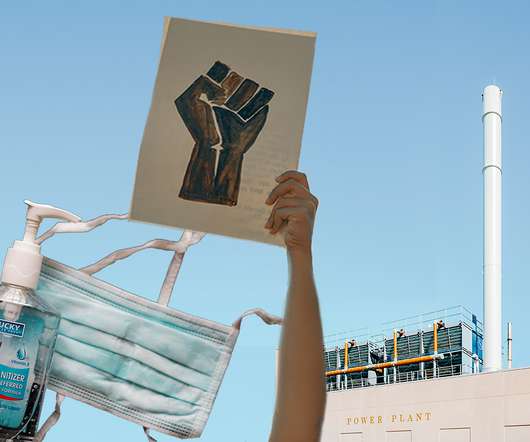


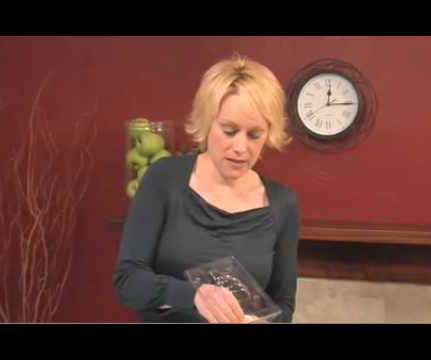








Let's personalize your content